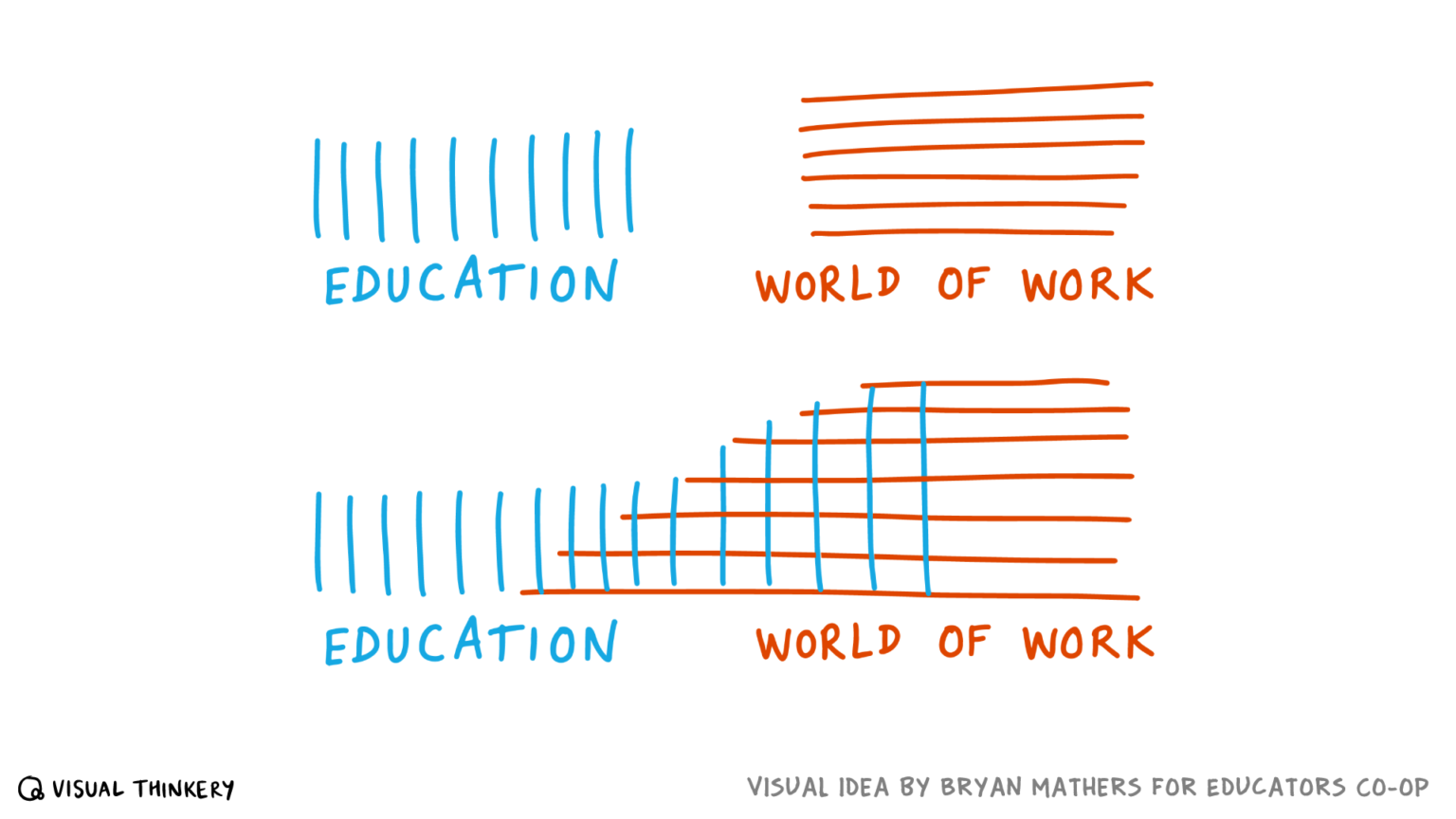The 4 (behavioral) keypoints for great physical and mental as well as cognitive health:
One) (2:00-4:05) View sunlight early in the day. The light needs to reach the eyes--increasing alertness, mood, and focus, through certain receptors. Also increases sleep quality at night, according to Huberman. Ideally five to ten minutes on a clear day, and ten to twenty minutes on an overcast day. No sunglasses, and certainly not through windows and windshields. If no sun is out yet, use artificial bright light. Do this daily.
Two) (4:05-6:10) Do physical exercise each and every day. Doesn't have to be super intense. Huberman recommends zone two cardiovascular exercise. Walking very fast, running, cycling, rowing, swimming are examples. He says to get at least between 150 and 200 minutes of this exercise per week. Some resistance training as well for longevity and wellbeing, increases metabolism as well. Do this at least every other day, according to Huberman.
Huberman alternates each day between cardiovascular exercise and resistance training.
Three) (6:20-9:10) People should have access to a rapid de-stress protocol or tools. This should be able to do quickly and instantly, without friction.
You can just do one breath for destress. ( Deep long breath through nose, one quick breath in nose to completely fill the longs, and then breathe out through mouth long.)
Four) (9:12-14:00) To have a deliberate rewiring nervous system protocol to use. A thing that can be done is NSDR (Non-Sleep Deep Rest protocol), this is specifically to increase energy.
Ideally the NSDR should be done after each learning session as well to imitate deep sleep (REM) and therefore accelerate neuroplasticity and thus rewire the nervous system; increasing the strength of connections between neurons and therefore increase retention significantly.
NSDR is also a process of autonomity and control, it allows one to find that they are in control of their body and brain. It makes one realize that external factors don't necessarily have influence.
According to Huberman, NSDR even replenishes dopamine when it is depleted, making it also suitable for increasing motivation.

